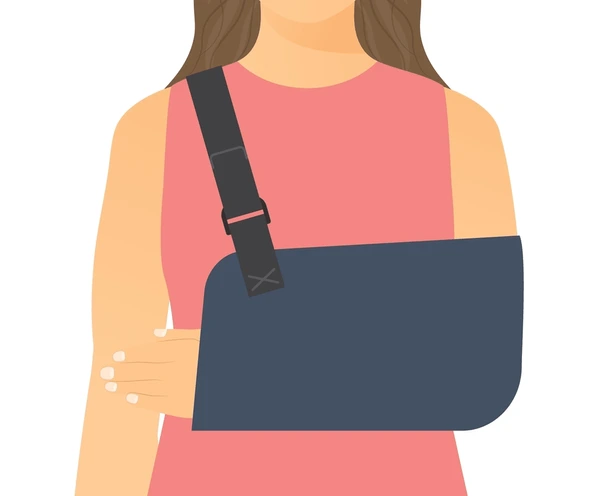While the outcomes of rotator cuff repair are very good, recovery from the procedure can be a substantial burden and require significant planning whether it is arranging around important events or work. Because of this, patients often ask “How soon do I need to have this done?” The answer to this question is about the influence of time on outcome. In general, I tell patients that if they are having their rotator cuff repair they should have it done within 6 months. Two recent studies reflect this timeline.1. In a 2017 issue of American Journal of Sports Medicine, Chen et al. examined rotator cuff repair outcomes in patients who also had stiffness.
- Outcomes in patients with symptoms for less than 6 months were compared to those with stiffness/symptoms for more than 6 months.
- While both groups improved, the group with symptoms less than 6 months had a better overall outcome with higher functional scores (ASES 91 vs. 82) and improved range of motion.
- These findings demonstrate that it is better to proceed with rotator cuff repair within 6 months despite stiffness than delay with months of physical therapy prior. With delay, there is often progression in tear size and a decreased biologic potential for healing.
2. Another 2017 article in the American Journal of Sports Medicine evaluated risk factors for tear progression.
- 174 patients were followed for an average of 19 months
- Nearly 50% of the patients had progression of the tear within this time period
- Factors associated with progression included a medium-sized tear, a full-thickness tear, and smoking. Given that tear size is one of the most important factors in healing following rotator cuff repair, I believe it is important to prevent tear progression, particularly in young patients who have a substantial chance to progress by virtue of their remaining years.
The bottom line is that based on these studies, 6 months appears to a reasonable timeline within which to repair the rotator cuff and optimize one’s outcome. When delayed, there is often progression in tear size and a decreased biologic potential for healing.
Similar posts



